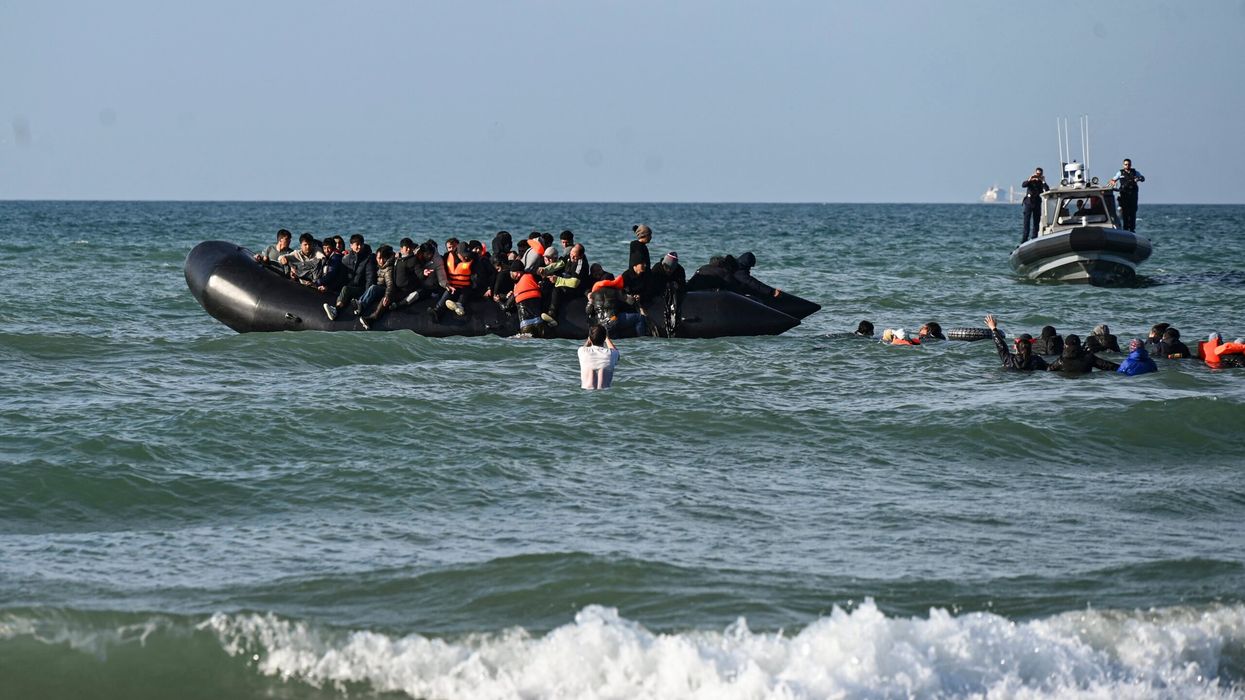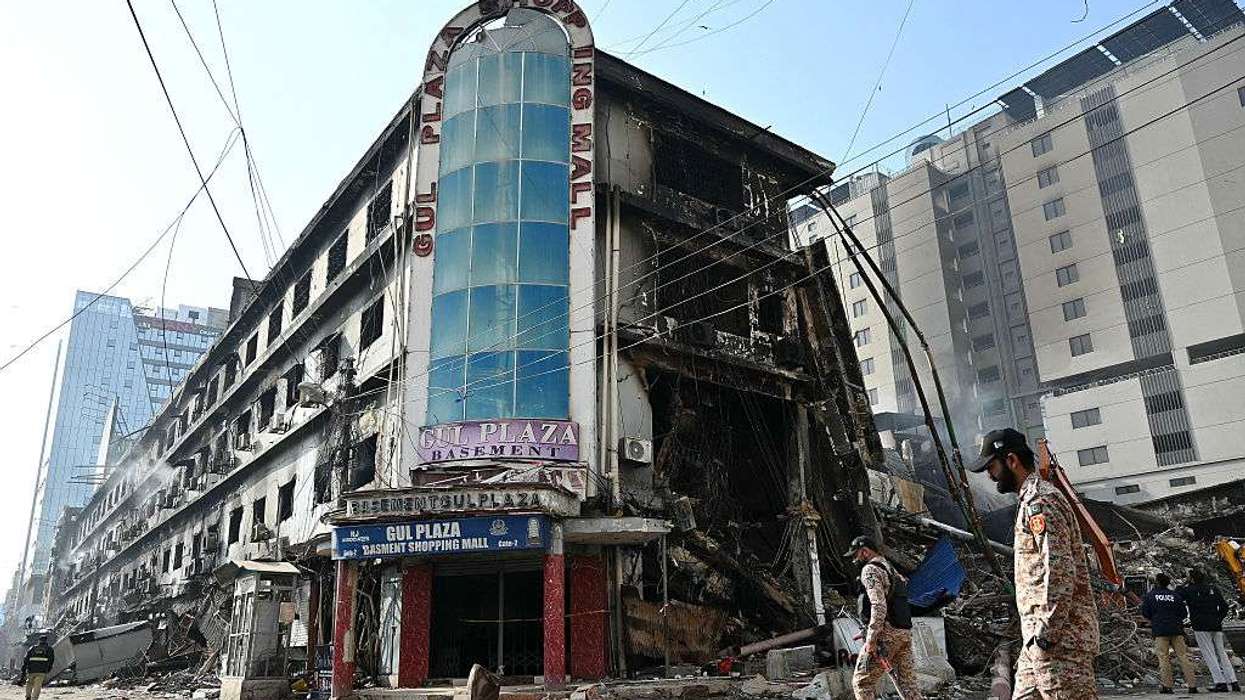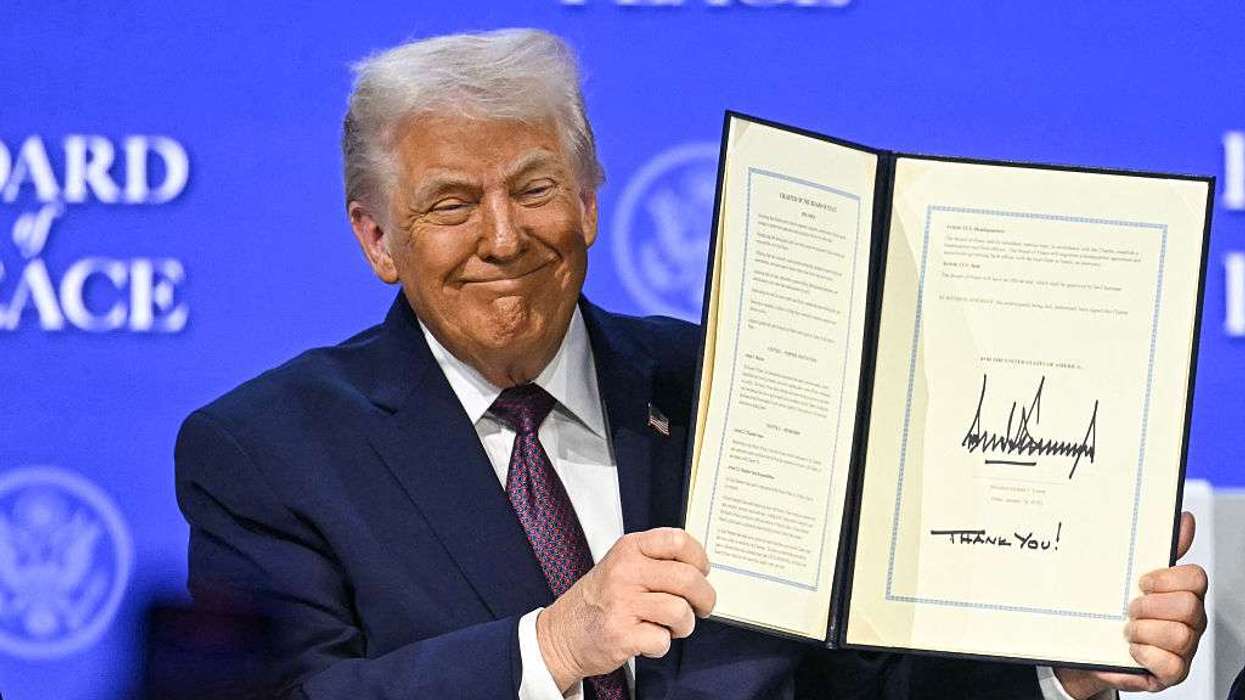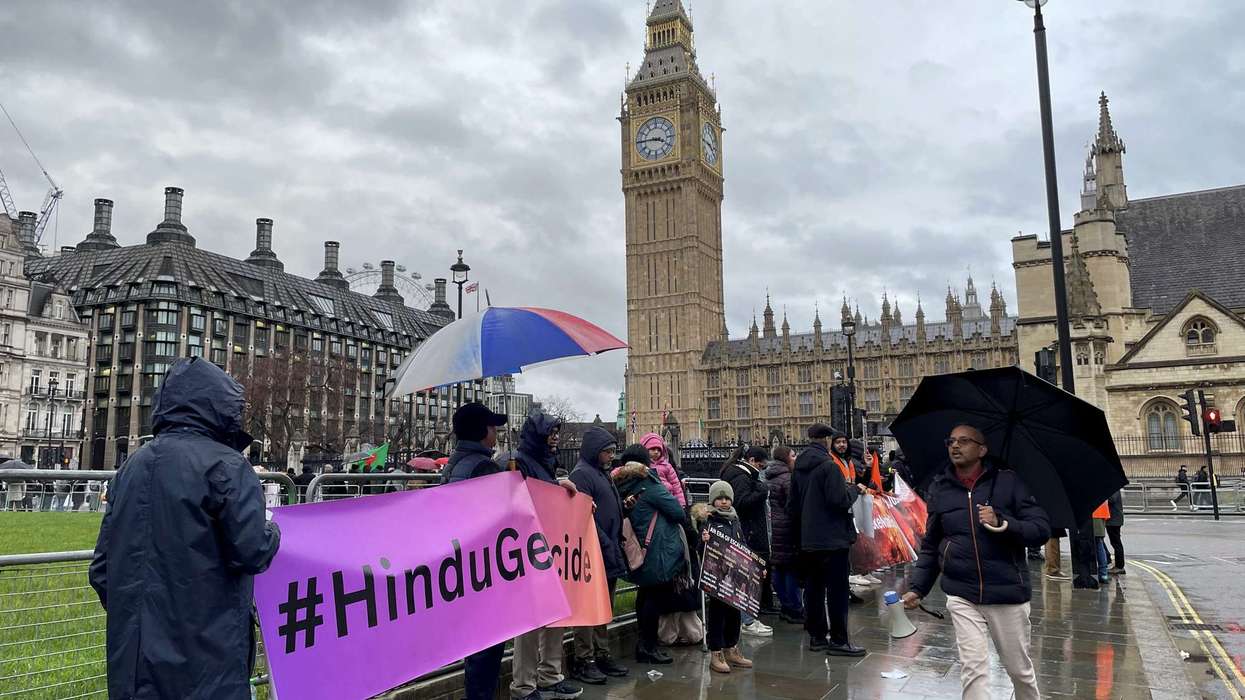THE UK government on Monday launched a new sanctions regime targeting people-smuggling gangs and their enablers, which it described as the first of its kind globally.
Under the new regime, the UK will be able to freeze assets, impose travel bans, and block access to the country’s financial system for individuals and organisations involved in facilitating irregular migration. These actions can be taken without the need to rely on criminal or counterterrorism legislation.
The sanctions regime was first outlined by foreign secretary David Lammy in January. The government said it would work alongside powers included in the Border, Security, Asylum and Immigration Bill, which is yet to be passed.
Prime minister Keir Starmer’s Labour government is under pressure to fulfil its promise to stop the movement of tens of thousands of people arriving in small boats across the Channel.
“For too long, criminal gangs have been lining their corrupt pockets and preying on the hopes of vulnerable people with impunity as they drive irregular migration to the UK,” foreign secretary David Lammy said in a statement.
“That’s why the UK has created the world’s first sanctions regime targeted at gangs involved in people smuggling and driving irregular migration, as well as their enablers.”
Baroness Chapman said: “People-smugglers are callous criminals who exploit vulnerable people, putting lives at risk for their own profit. They fuel a global trade that affect families across the world, from Africa, to Asia, to the Middle East.
“We’re launching world’s first dedicated sanctions regime targeting those behind these networks and their enablers. It will be an important tool in our wider efforts to tackle irregular migration.
“This is not a challenge any country can solve alone – we are working with our partners to play our part and hold these criminals to account.”
The government said the new measures would apply to individuals and entities that provide small boats, fake documents, and financial services used by smuggling networks.
Chris Philp, who leads on security and immigration for the main opposition Conservatives in parliament, said further steps were needed to address the issue.
“The truth is you don’t stop the Channel crossings by freezing a few bank accounts in Baghdad or slapping a travel ban on a dinghy dealer in Damascus,” he said. “Swathes of young men are arriving daily, in boats bought online, guided by traffickers who laugh at our laws and cash in on our weakness.”
Starmer has recently signed agreements with France and Germany aimed at reducing the number of small boat arrivals, as he looks to counter the rise of the right-wing populist Reform UK party led by Nigel Farage.





